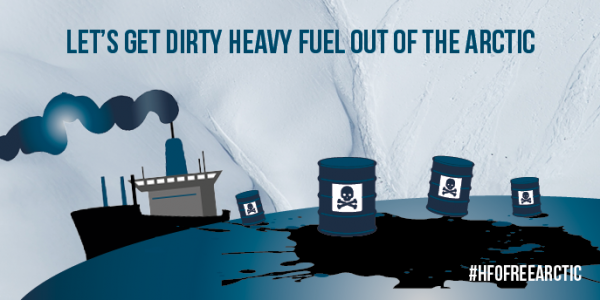In light of Iceland’s Ministry of the Environment and Natural Resources decision, which bans the use of fuel oil with more than 0.1% sulphur content for ships operating in its territorial waters, Dr Sian Prior, Lead Advisor to the Clean Arctic Alliance, highlighted that the Alliance although supports this decision, they are in favour of generally banning HFO use and carriage as fuel.
Dr San Prior commented
While this prohibition will lower emissions of sulphur oxides, and particulate matter content of emissions and protect Iceland’s territorial waters beyond international requirements, and could potentially reduce heavy fuel oil use and black carbon emissions too, we believe that Iceland should completely ban HFO use and carriage as fuel.
He continued that the overall ban of HFO from Iceland’s territorial waters will be the best decision, since:
-
In light of Iceland’s Ministry of the Environment and Natural Resources decision, which bans the use of fuel oil with more than 0.1% sulphur content for ships operating in its territorial waters, Dr Sian Prior, Lead Advisor to the Clean Arctic Alliance, highlighted that the Alliance although supports this decision, they are in favour of generally banning HFO use and carriage as fuel.
- Furthermore, it should be recognised that a switch to < 0.1% sulphur content fuels will reduce black carbon emissions, but not eliminate them. A ban on HFO use and carriage, along with the installation of a diesel particulate filter would achieve significant reductions in the black carbon emissions (>90% black carbon reductions).
- Iceland has already backed a ban on HFO from Arctic Waters: At MEPC 72 in April 2018, a strongly-worded proposal to ban HFO as shipping fuel from Arctic waters was co-sponsored by Finland, Germany, Iceland, Netherlands, New Zealand, Norway, Sweden and the US.






























































